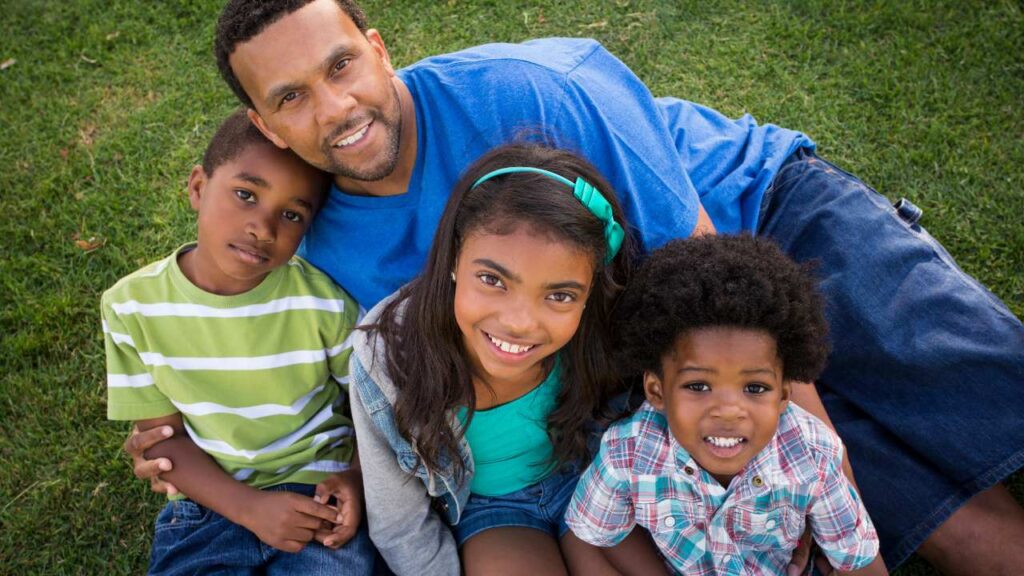Understanding Kids in Foster Care: 9 Essential Insights and a Glimpse into Their Lives
Foster care is often a complex and emotional topic that affects many children and families. Understanding the experiences of children in foster care is crucial to fostering empathy and promoting positive change in the system. Here are nine essential insights into the lives of kids in foster care, along with a glimpse into their daily realities. 1. Diverse Backgrounds and Experiences Children in foster care come from a wide range […]
Understanding Kids in Foster Care: 9 Essential Insights and a Glimpse into Their Lives Read Post »
 Skip to content
Skip to content









